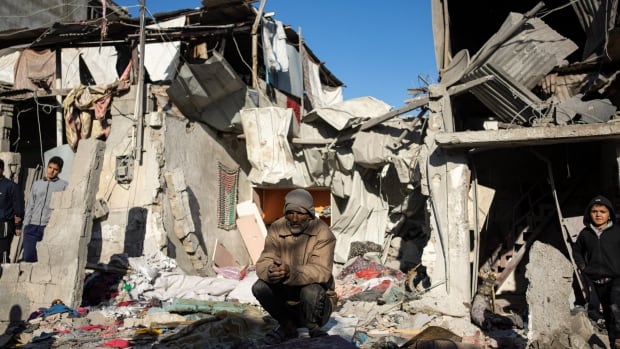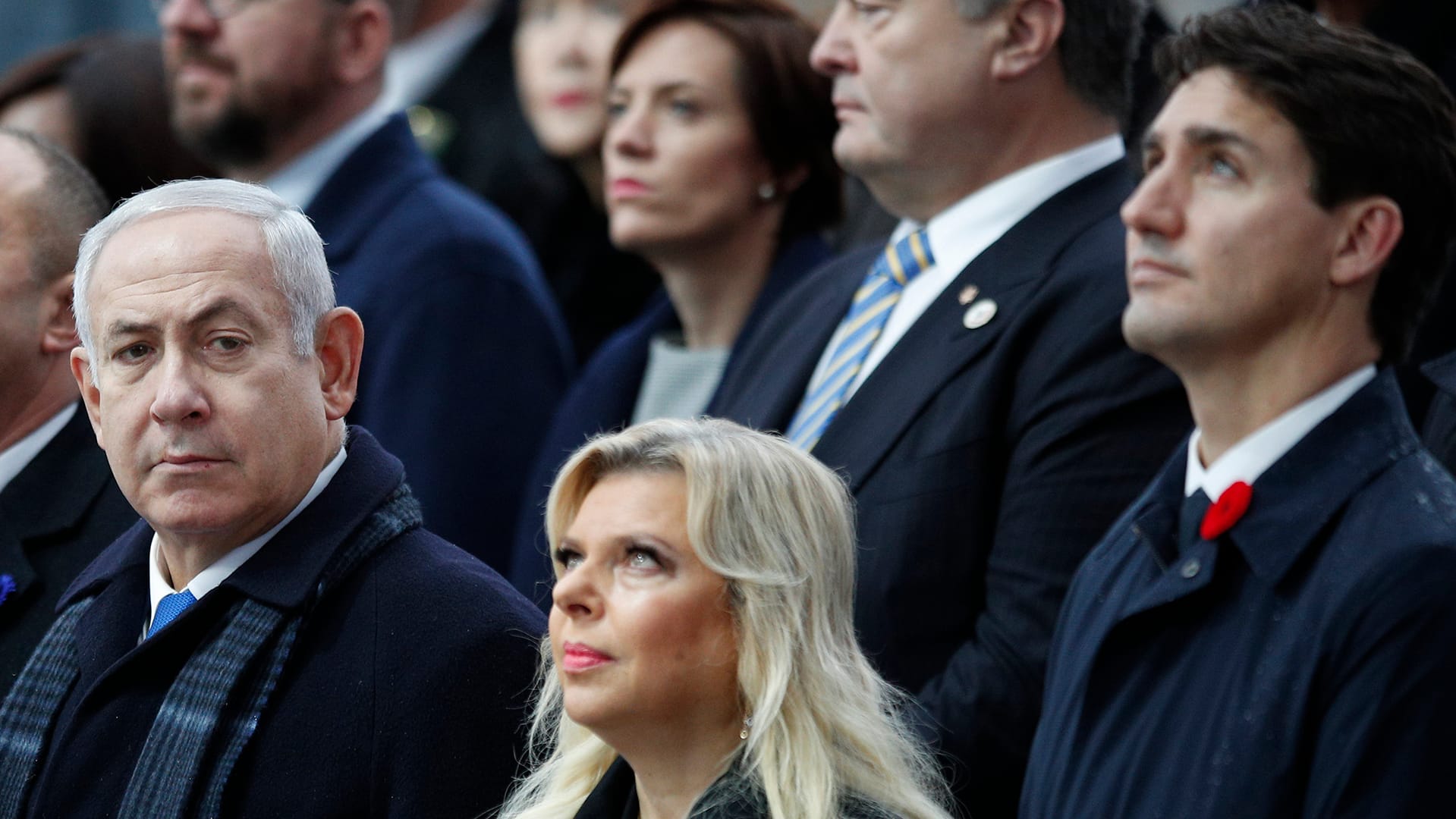
Palestinian leaders have responded to Israeli Prime Minister Benjamin Netanyahu’s rejection of a two-state solution, saying there will be “no security and stability” in the region until a fully sovereign Palestinian state is established.
Netanyahu, who leads a far-right government that opposes Palestinian statehood, on Thursday repeated his longstanding opposition to the two-state solution proposed by his American and Canadian allies, saying Israel “must have security control over the entire territory west of the Jordan River.”
Nabil Abu Rdeineh, spokesperson for Palestinian President Mahmoud Abbas, said there can be no stability in the region without a Palestinian state.
“Without the establishment of an independent Palestinian state with East Jerusalem as its capital on the borders of 1967, there will be no security and stability in the region,” Palestinian state news agency Wafa quoted Abbas’ spokesperson Nabil Abu Rdeineh as saying Thursday.
Palestinians are seeking Gaza, the West Bank and east Jerusalem — which were captured by Israel in 1967 — for their state.
Hamas responded with a statement on Telegram Friday, writing that Netanyahu’s words are “an affirmation of the fascist Zionist policy based on denying the existence of our Palestinian people and their rights, and the approach of genocide and ethnic cleansing practiced by the Zionist entity against our people, without regard to international laws and conventions.”
The statement said Palestinian resistance will continue until Israel’s plans of occupation are thwarted. Hamas is pushing for a Palestinian state within the 1967 borders, but will not recognize Israel’s statehood.
in 2017 Hamas accepted the idea of a Palestinian state within the 1967 borders, but without recognising the statehood of Israel.
Hamas officials met with Russia’s Foreign Ministry in Moscow Friday, for the second time since the war began, to discuss ways to end the violence in Gaza.
Russia condemned Hamas for the deadly Oct. 7 attack on southern Israel that triggered the current conflict, but has also criticized Israel for using excessive force in its responding bombardment of Gaza. Moscow has called for an immediate ceasefire since the war broke out.
The international community has widely condemned Netanyahu’s comments.
Prime Minister Justin Trudeau has criticized Benjamin Netanyahu’s position on Palestinian statehood after the Israeli prime minister claimed the so-called 2-state solution is dead. Trudeau said a Palestinian state is the ‘only way forward for the region.’
Prime Minister Justin Trudeau on Thursday pushed back against the Israeli PM.
“Canada’s position is crystal clear. We believe the only way forward for the region, indeed the only way forward for a safe and secure Israel, is to have a Palestinian state that is also safe and secure with internationally-recognized borders. We believe in a two-state solution,” Trudeau said at a press conference in Iqaluit.
White House national security advisor John Kirby said at a Friday news conference that U.S. President Joe Biden still believes in the promise and possibility of a two-state solution.
An official in Qatar, a Middle Eastern nation that has acted as a mediator between Israel and Hamas, said in an interview on Rosemary Barton Live airing Sunday that Netanyahu’s statements are obstructive to mediation efforts.
“These kinds of statements cannot be accepted,” said Majed Al-Ansari, who serves as an official spokesperson for Qatar’s Foreign Affairs Ministry.
Norwegian Foreign Minister Espen Barth Eide told Norwegian news agency NTB Friday that Netanyahu’s rejection of a two-state solution was “completely contrary to the agreements reached in the Oslo Accords, a pair of interim agreements between Israel and the Palestine Liberation Organization that were signed in 1993 and 1995.
“The Israeli Prime Minister’s statements are out of step with an almost unified international community,” Barth Eide said in a statement to NTB.
